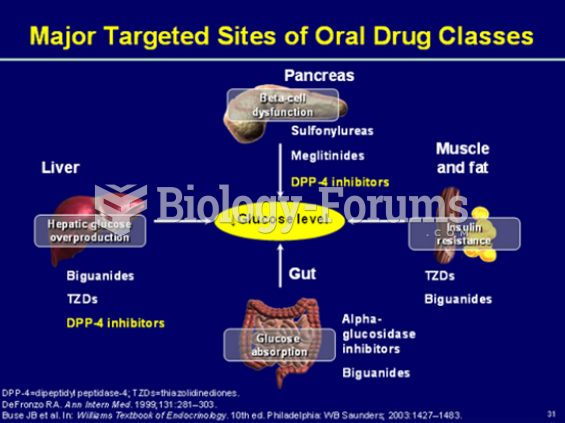This topic contains a solution. Click here to go to the answer
|
|
|
Did you know?
Many medications that are used to treat infertility are injected subcutaneously. This is easy to do using the anterior abdomen as the site of injection but avoiding the area directly around the belly button.
Did you know?
Blood is approximately twice as thick as water because of the cells and other components found in it.
Did you know?
Approximately 25% of all reported medication errors result from some kind of name confusion.
Did you know?
Approximately 15–25% of recognized pregnancies end in miscarriage. However, many miscarriages often occur before a woman even knows she is pregnant.
Did you know?
Asthma occurs in one in 11 children and in one in 12 adults. African Americans and Latinos have a higher risk for developing asthma than other groups.







